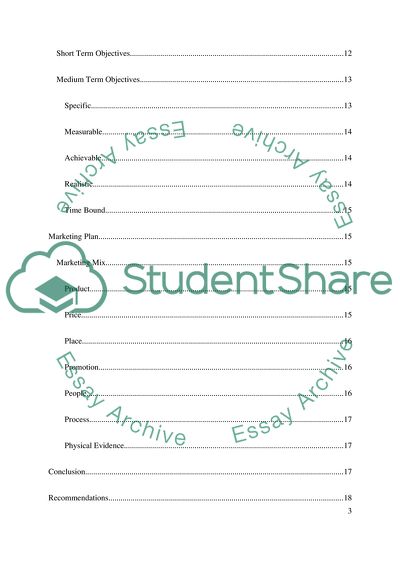Cite this document
(“Marketing Plan for Starbucks Coffee Case Study Example | Topics and Well Written Essays - 4000 words - 1”, n.d.)
Marketing Plan for Starbucks Coffee Case Study Example | Topics and Well Written Essays - 4000 words - 1. Retrieved from https://studentshare.org/marketing/1749430-marketing-plan
Marketing Plan for Starbucks Coffee Case Study Example | Topics and Well Written Essays - 4000 words - 1. Retrieved from https://studentshare.org/marketing/1749430-marketing-plan
(Marketing Plan for Starbucks Coffee Case Study Example | Topics and Well Written Essays - 4000 Words - 1)
Marketing Plan for Starbucks Coffee Case Study Example | Topics and Well Written Essays - 4000 Words - 1. https://studentshare.org/marketing/1749430-marketing-plan.
Marketing Plan for Starbucks Coffee Case Study Example | Topics and Well Written Essays - 4000 Words - 1. https://studentshare.org/marketing/1749430-marketing-plan.
“Marketing Plan for Starbucks Coffee Case Study Example | Topics and Well Written Essays - 4000 Words - 1”, n.d. https://studentshare.org/marketing/1749430-marketing-plan.


